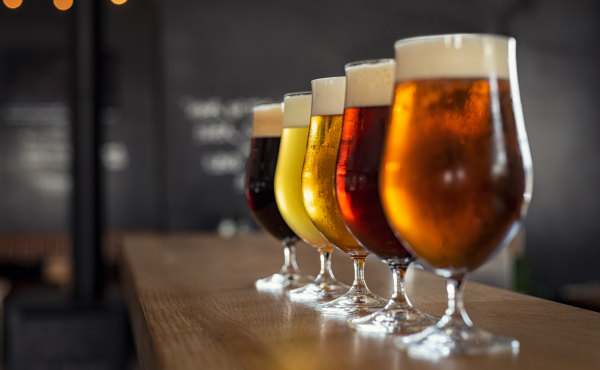New employee data from more than 60,000 working Australians surveyed since 2015 has revealed a significant number are drinking less to improve their overall health.
According to the survey, while 40 per cent could be classified as risky drinkers because they consume three or more standard drinks in a session, one-fifth of these say they have already taken steps to reduce their alcohol consumption. A further third want to curb their drinking but have not taken any first steps.
Bupa’s Dr Adrian Tomyn, a senior manager of research and analytics, said that it is encouraging to see that many people are trying to drink less.
"These results are encouraging and should translate into healthier lives for those who’ve already changed their drinking habits," said Dr Tomyn.
"These results are encouraging and should translate into healthier lives for those who’ve already changed their drinking habits.
‘Alcohol is embedded in the lives of many Australian adults with about four in five workers reporting having consumed alcohol in the past year. We know that having a drink can be part of a healthy lifestyle and there’s evidence that moderate consumption is associated with feelings of well-being for some people, particularly in social contexts.
"However, what we also know is that excessive alcohol consumption is directly linked to short-term risks, such as accident and injury, and long-term risk of chronic illness and disease."
The survey shows that working men have the highest rate of risky drinking (49 per cent), followed by workers aged 18 to 34 (47 per cent), those aged 35 to 54 (37 per cent) and working women (34 per cent).
Dr Tomyn said the biggest hurdles are breaking habits and changing mindsets.
"It’s important that programs and interventions that support lower levels of drinking also target beliefs and attitudes toward alcohol consumption and the mental readiness to change," he said.
"These factors are likely to vary substantially between people, so a program will be more likely to reach risky drinkers and be successful if it focuses on the health impacts of excessive drinking, while also providing practical advice and support to those who already know they should drink less but aren’t sure how or where to start.
"As with many things in life, setting goals, planning, taking small steps and understanding that there may be setbacks, can help make lifestyle change successful and sustainable. For some, the goal may not be to stop drinking completely, but to drink responsibly to live a healthier life."
